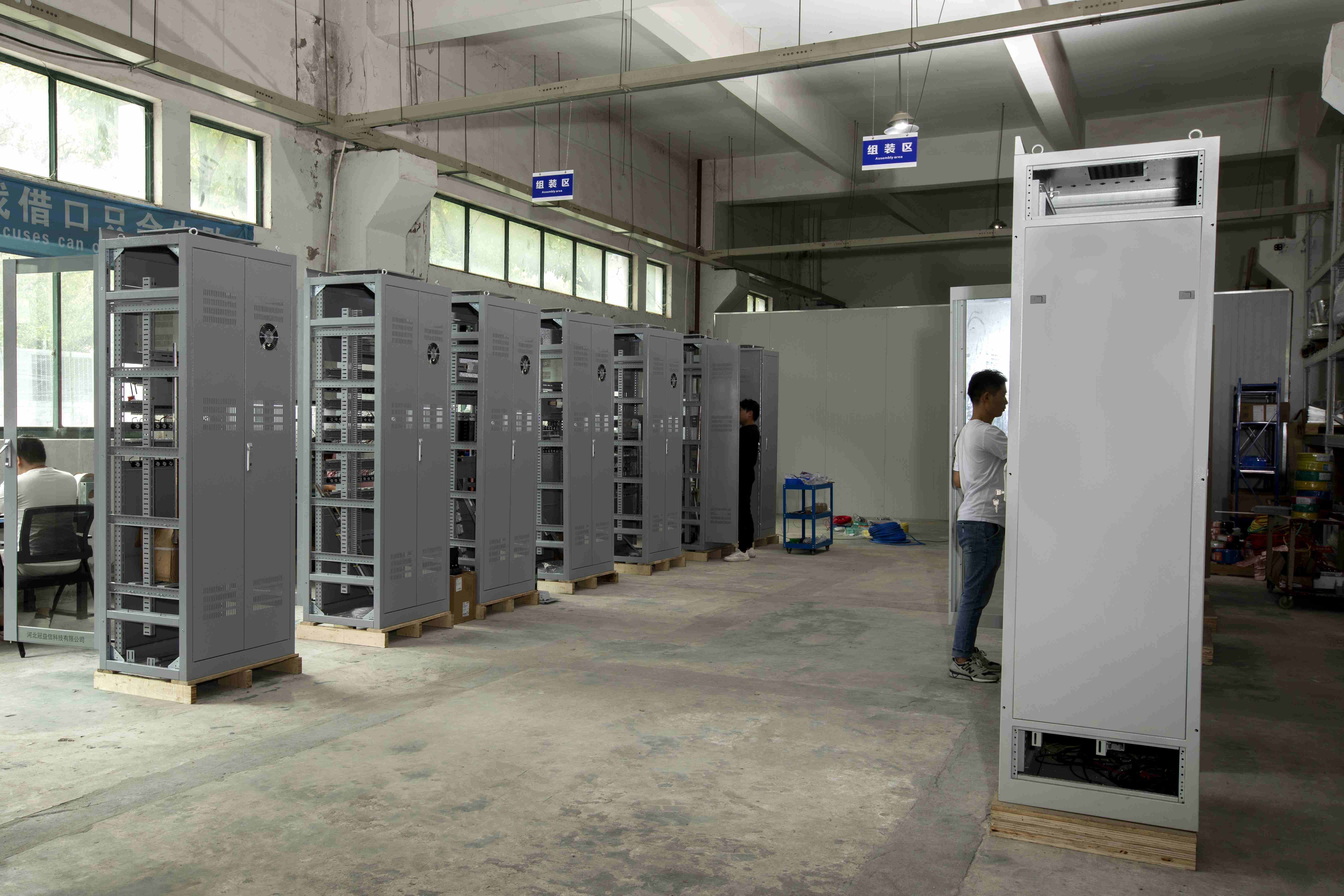
Ağu . 13, 2024 04:46 Back to list
Innovative Solutions for Sustainable Energy Management Through Advanced Rechargeable Energy Storage Systems
The Rise of Rechargeable Energy Storage Systems
In the quest for sustainable energy solutions, rechargeable energy storage systems (RESS) have emerged as vital players in the promotion of renewable energy sources. These systems store energy generated from renewable sources, like solar and wind, and release it when needed. As the demand for clean energy continues to grow, RESS technology has evolved significantly, becoming an essential component of modern energy infrastructures.
Understanding Rechargeable Energy Storage Systems
At their core, rechargeable energy storage systems work by converting energy into a storable form, which can later be transformed back into electrical energy. The most common type of RESS is the lithium-ion battery, widely used due to its high energy density and efficiency. However, other technologies, such as flow batteries, lead-acid batteries, and emerging solid-state batteries, are also being explored to cater to different needs and applications.
One of the crucial advantages of RESS is their ability to balance energy supply and demand. Renewable energy sources are intermittent by nature; for example, solar panels produce electricity only during daylight hours, and wind turbines depend on weather conditions. RESS allows for the storage of excess energy produced during peak production times, which can then be utilized during periods of high demand or low production, thereby ensuring a stable and reliable energy supply.
Applications in Modern Energy Grids
The implementation of rechargeable energy storage systems can be seen across various sectors. In residential applications, homeowners are increasingly incorporating battery storage systems alongside solar panels to maximize their energy independence. This setup not only allows families to store energy for use during nighttime or power outages but can also provide financial benefits by reducing electricity bills.
rechargeable energy storage system

On a larger scale, utility companies are deploying RESS in grid systems to enhance the overall stability of the power supply. These systems can help mitigate the fluctuations associated with renewable energy generation. For instance, when energy production surpasses consumption, surplus energy can be stored, which can then be deployed when demand spikes, effectively smoothing out the stresses on the grid.
Environmental Impact and Future Prospects
The environmental impact of RESS is largely positive, as they contribute to a decrease in reliance on fossil fuels. By facilitating the integration of renewable energy sources, these systems help reduce greenhouse gas emissions and combat climate change. Moreover, advancements in battery technology are beginning to address concerns over resource scarcity and environmental degradation associated with battery manufacturing and disposal.
Looking ahead, the future of rechargeable energy storage systems appears promising. Continuous research and development aim to improve battery efficiency, decrease costs, and enhance the lifespan of energy storage solutions. Emerging technologies, such as flow batteries and advanced lithium-sulfur batteries, hold the potential to revolutionize energy storage further.
In conjunction with supportive government policies and increased investment in renewable energy infrastructure, RESS could play a pivotal role in transitioning the global energy landscape toward a more sustainable future.
Conclusion
Rechargeable energy storage systems are not just a technological advancement; they represent a crucial transformation in how we harness and utilize energy. By addressing the intermittent nature of renewable energy sources, RESS offer a reliable and efficient solution that benefits both end-users and energy providers. As we move toward a greener future, the importance of RESS in achieving energy sustainability cannot be overstated. Their continued development and integration into our energy systems will be key to overcoming the challenges posed by climate change and ensuring a cleaner, more resilient energy grid for generations to come.
-
Advanced AI Energy Management with GPT-4 Turbo
NewsAug.02,2025
-
AI-Powered EMS with GPT-4-Turbo | Efficiency Boost
NewsAug.01,2025
-
Optimized Storage System for GPT-4-Turbo | High Performance
NewsJul.31,2025
-
AI Energy Management System w/ GPT-4 Turbo Efficiency
NewsJul.31,2025
-
High-Performance Energy Storage System for Reliable Power Solutions
NewsJul.30,2025
-
Advanced EMS Solutions for Energy Management System & Storage Battery Companies
NewsJul.29,2025























